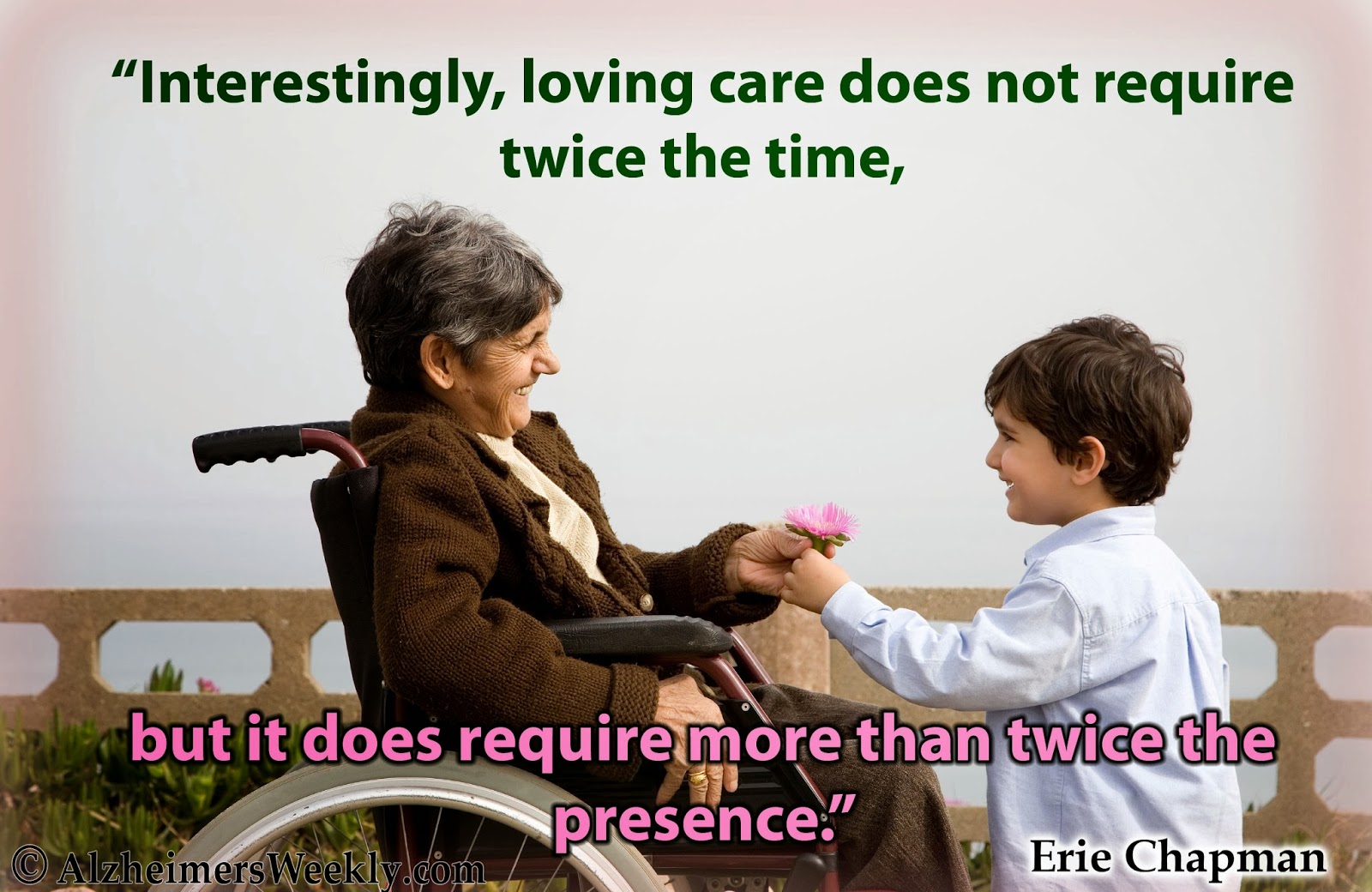Experts at Newcastle University found that individuals who ate a Mediterranean-like diet had up to 23% lower risk for dementia than those who did not.
The research, published in BMC Medicine, is one of the biggest studies of its kind as previous studies have typically been limited to small sample sizes and low numbers of dementia cases.
Priority for researchers
Scientists analysed data from 60,298 individuals from the UK Biobank, a large cohort including individuals from across the UK, who had completed a dietary assessment.
The authors scored individuals based on how closely their diet matched the key features of a Mediterranean one. The participants were followed for almost a decade, during which time there were 882 cases of dementia.
The authors considered each individual’s genetic risk for dementia by estimating what is known as their polygenic risk – a measure of all the different genes that are related to the risk of dementia.
Dr Oliver Shannon, Lecturer in Human Nutrition and Ageing, Newcastle University, led the study with Professor Emma Stevenson and joint senior author Professor David Llewellyn.
The research also involved experts from the universities of Edinburgh, UEA and Exeter and was part of the Medical Research Council-funded NuBrain consortium.
“Dementia impacts the lives of millions of individuals throughout the world, and there are currently limited options for treating this condition,” Dr. Shannon said.
“Finding ways to reduce our risk of developing dementia is, therefore, a major priority for researchers and clinicians.
“Our study suggests that eating a more Mediterranean-like diet could be one strategy to help individuals lower their risk of dementia.”
The authors found there was no significant interaction between the polygenic risk for dementia and the associations between Mediterranean diet adherence. They say this may indicate that even for those with a higher genetic risk, having a better diet could reduce the likelihood of developing the condition.
This finding was not consistent across all the analyses and the authors propose further research is needed to assess the interaction between diet and genetics on dementia risk.
“The good news from this study is that, even for those with higher genetic risk, having a better diet reduced the likelihood of developing dementia,” John Mathers, Professor of Human Nutrition, Newcastle University said.
“Although more research is needed in this area, this strengthens the public health message that we can all help to reduce our risk of dementia by eating a more Mediterranean-like diet.”
Important intervention
The authors caution that their analysis is limited to individuals who self-reported their ethnic background as white, British or Irish, as genetic data was only available based on European ancestry, and that further research is needed in a range of populations to determine the potential benefit.
They conclude that, based on their data, a Mediterranean diet that has a high intake of healthy plant-based foods may be an important intervention to incorporate into future strategies to reduce dementia risk.
Dr Janice Ranson, Senior Research Fellow at the University of Exeter and joint lead author on the paper, said: “The findings from this large population-based study underscore the long-term brain health benefits of consuming a Mediterranean diet, which is rich in fruits, vegetables, whole grains, and healthy fats.
“The protective effect of this diet against dementia was evident regardless of a person’s genetic risk, and so this is likely to be a beneficial lifestyle choice for people looking to make healthy dietary choices and reduce their risk of dementia.
“Future dementia prevention efforts could go beyond generic healthy diet advice and focus on supporting people to increase consumption of specific foods and nutrients that are essential for brain health.”
SOURCE:
REFERENCE:
Shannon, O.M., Ranson, J.M., Gregory, S. et al. Mediterranean diet adherence is associated with lower dementia risk, independent of genetic predisposition: findings from the UK Biobank prospective cohort study. BMC Med 21, 81 (2023). https://doi.org/10.1186/s12916-023-02772-3




